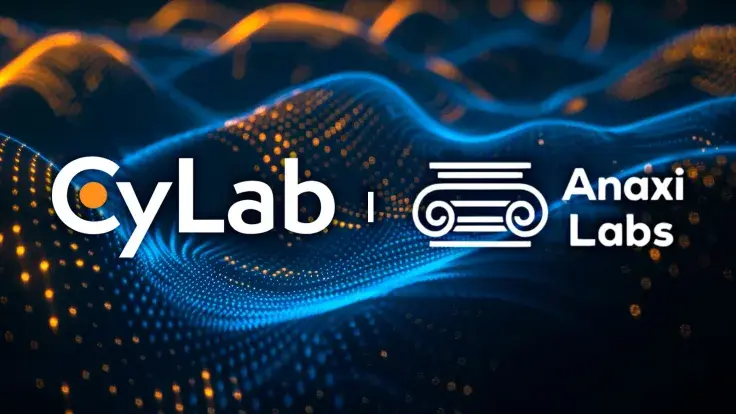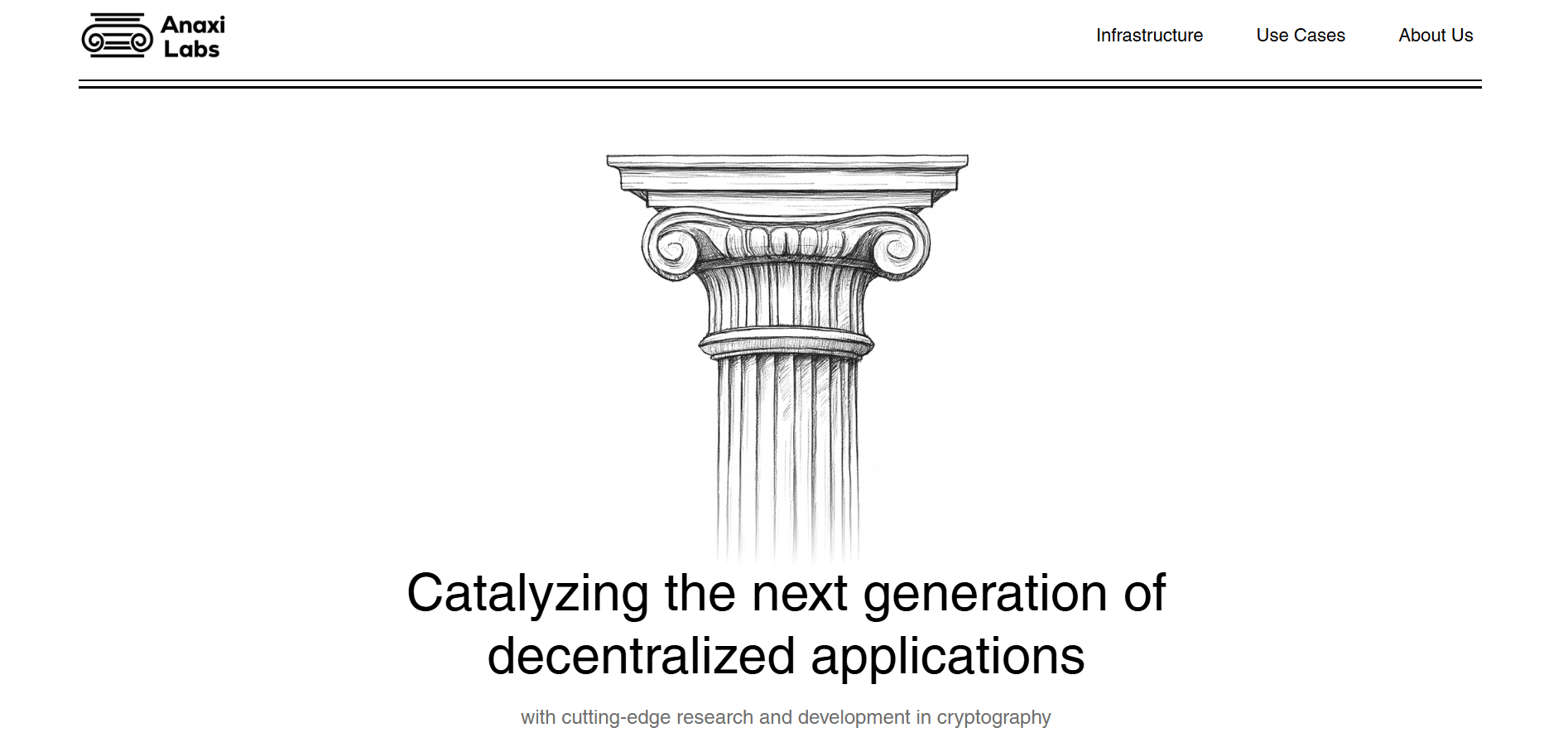
Disclaimer: The opinions expressed by our writers are their own and do not represent the views of U.Today. The financial and market information provided on U.Today is intended for informational purposes only. U.Today is not liable for any financial losses incurred while trading cryptocurrencies. Conduct your own research by contacting financial experts before making any investment decisions. We believe that all content is accurate as of the date of publication, but certain offers mentioned may no longer be available.
Anaxi Labs, together with Carnegie Mellon University’s CyLab, the university’s cybersecurity and privacy institute, is announcing a revolutionary compiler framework for cryptography designed to power various categories of dApps, paving the way for real-world applications.
Anaxi Labs, CMU’s CyLab offer novel solutions for crypto proofs efficiency challenges
Anaxi Labs, a new-gen research and development lab, and Carnegie Mellon University’s CyLab institute have achieved massive traction in their joint cryptography experiments. The two teams announced a revolutionary design for crypto proofs generation that demonstrates both security, scalability and cost-efficiency.

The design offered by the partners represents an entirely new level of developer experience compared to ZK proofs and optimistic proofs. CMU’s recent paper presents a revolutionary way to directly compile high-level software and convert it into simpler forms (low-level representations) needed for underlying proof systems to work.
The design is 100% automated, repeatable and auditable, and drastically improves performance while cryptographically ensuring the security of the process. The work achieves this by analyzing the high-level program, breaking the program into small, indivisible units, then creating low-level representation from each unit that can be easily inputted into a variety of proof systems.
Riad Wahby, assistant professor at Carnegie Mellon University’s Department of Electrical and Computer Engineering, stresses the importance of the new developments for saving CPU resources with zero security and scalability tradeoffs:
This idea of breaking the computation into very specific chunks that take the place of a CPU in an automatic way is a new approach, and this is the first time that somebody has attempted this kind of approach where we avoid the full program representation for the compiler. We’re extremely excited about it.
Besides being extremely cost-effective and understandable, the new stack offers a fresh design paradigm for rollups and interoperability.
Single approach, many use cases for secure computations
Kate Shen, cofounder of Anaxi Labs, is sure that the joint product of her lab and CMU’s development unit is miles ahead of the competition:
This research and the product we are building incorporating the research will have profound implication to many important industry applications today that need a safe solution for their massive performance overheads, such as ZK and EVM, finally bringing us to the doorstep of our vision of cryptographically-secured decentralized consensus with real-time settlement.
The research and the framework Anaxi Labs is building from the research are set to revolutionize industries in Web3 and beyond. In traditional and regulated finance, the performance boost, while maintaining auditability, enables real-time settlement of intrabank transfers like instant USD payments.
Within the realm of enterprise, AI and critical physical infrastructures, a decentralized solution that requires high availability and close to zero latency, such as rapid fine-tuning and inference across multiple data and compute power resources, becomes a reality.
The findings set forth in this compiler framework are the result of the second research project originating from the symbiotic partnership between Anaxi Labs and CyLab through the CMU Secure Blockchain Initiative.
This partnership enables CMU academics to collaborate and learn from the insights gleaned from the commercial deployments of their blockchain research, spearheaded by Anaxi Labs, for both Web3 and Web2 applications. It enables them to find commercial solutions to major existing issues with blockchain that fails to bridge the gap between the known benefits of blockchain technology and mass adoption. It also serves as a springboard for CMU students to launch their careers in Web3.
 Dan Burgin
Dan Burgin U.Today Editorial Team
U.Today Editorial Team